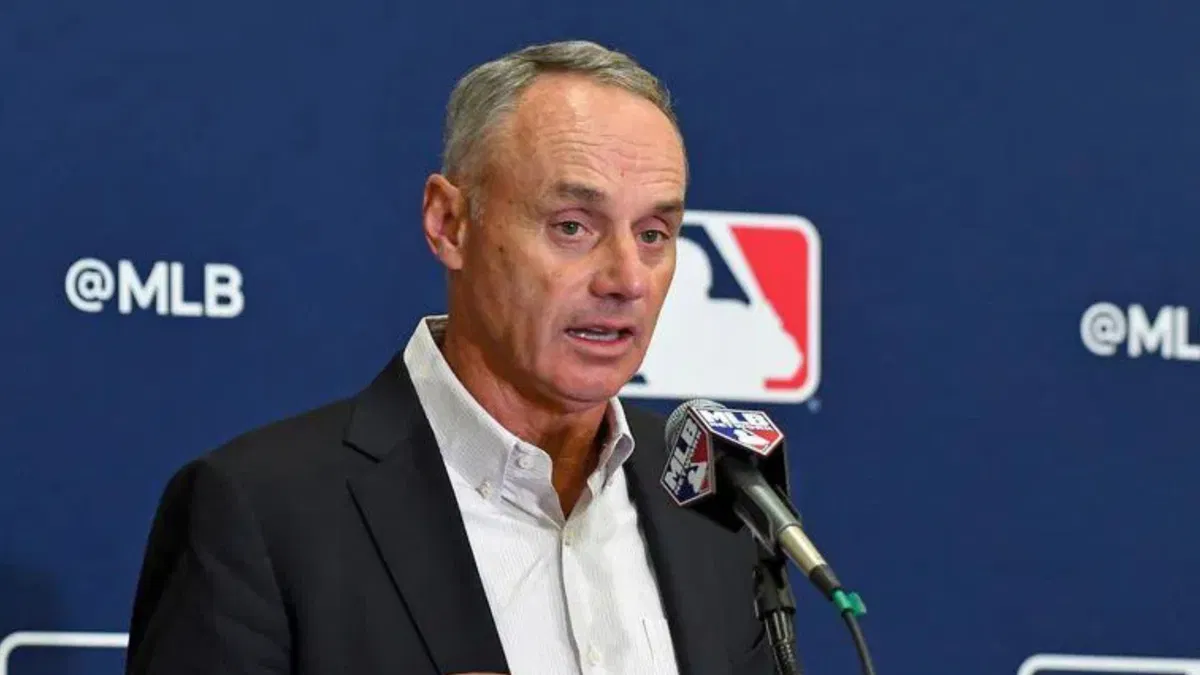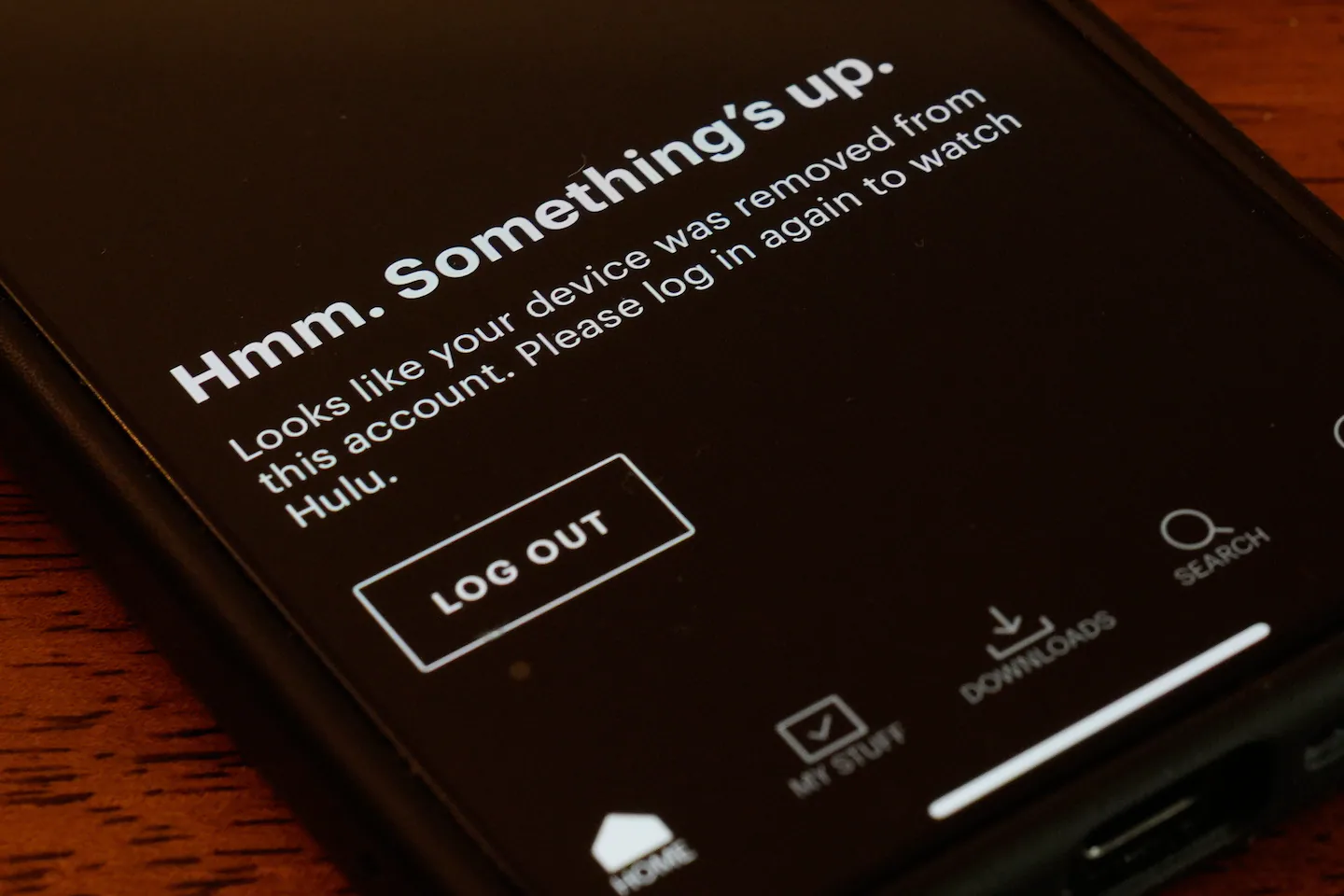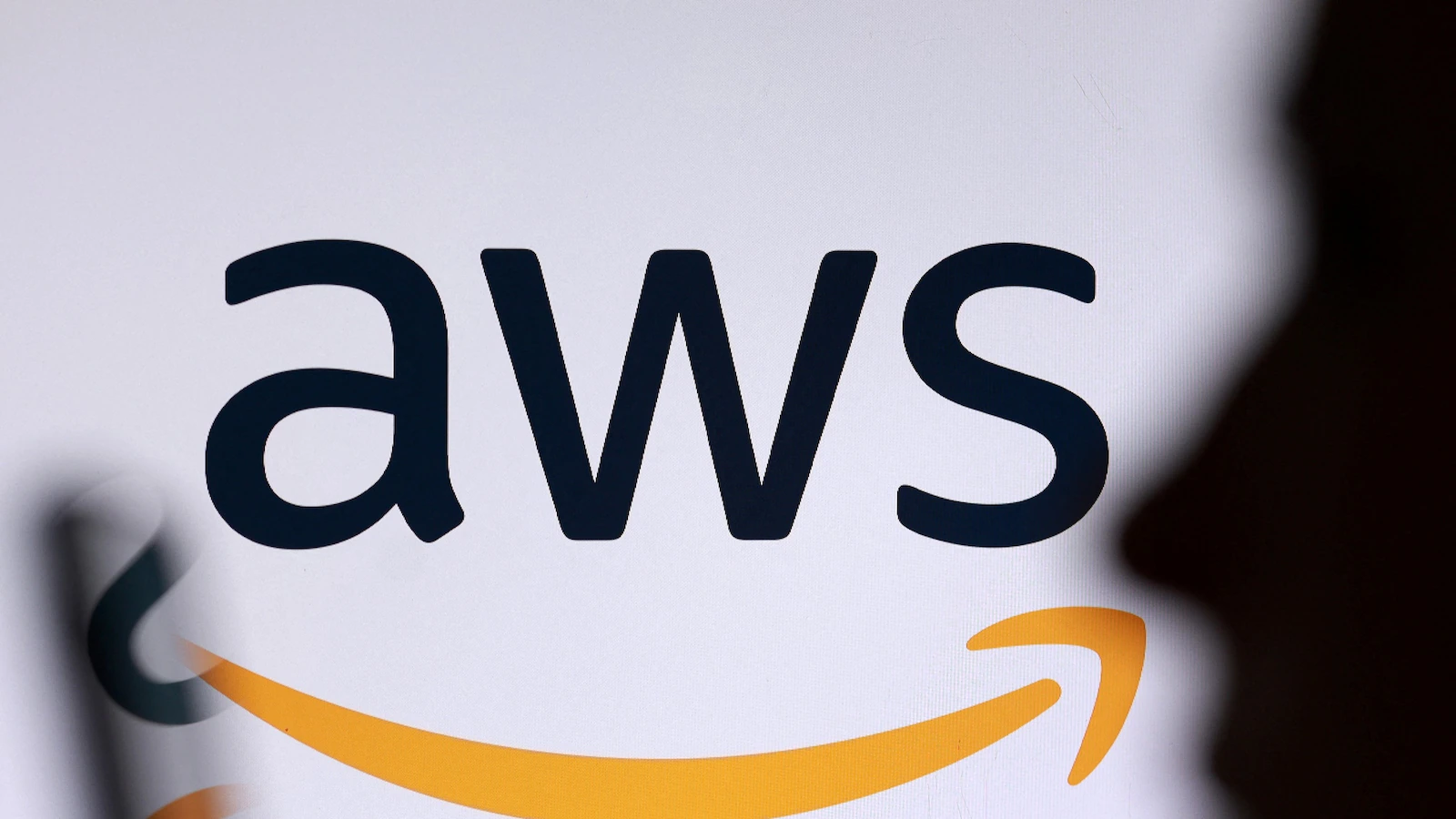Copyright Essentially Sports

The World Series is almost here, and many of the fans want the Toronto Blue Jays to beat the Los Angeles Dodgers. Not because they like the Blue Jays, but because, as some say, “the Dodgers might ruin baseball.” And to support this, MLB insider Jeff Passan had written a piece explaining why the chances of a lockout increase heavily if the Dodgers win the World Series. But the World Series has not even started, and teams look like they are already preparing for a lockout. This raises a question: was there going to be a lockout regardless of who the winner was? Just looking at the recent management changes that have happened with some big teams like the SF Giants and the Los Angeles Angels is the main reason fans are raising the question. One fan wrote, “Kurt Suzuki got a one-year contract to manage the Angels. Remember, when you’re licking their boots by advocating for price-fixing, that MLB owners are already planning for a 2027 lockout 13 months ahead of the CBA expiration. They already know they’re doing it.” The Los Angeles Angels’ reported managerial deal with Kurt Suzuki seems intertwined with the looming 2026 CBA expiration and anticipated lockout. Owners across the league have consistently pushed for a salary cap, regardless of team performance, aiming to regulate player salaries before negotiations. Similarly, the San Francisco Giants‘ hiring a rookie college manager highlights a strategy of risk-averse, low-cost approaches under uncertain labor conditions. These decisions show owners planning cautiously, not merely reacting to the Dodgers’ dominance, which remains only one factor among several. ADVERTISEMENT Article continues below this ad Small-market teams often fail to invest in talent, allowing high-payroll teams to strengthen continually. The Milwaukee Brewers, despite a franchise-record 97 wins in 2025, are reportedly open to trading ace Freddy Peralta, their 17-6 starter with a 2.70 ERA and 204 strikeouts. Meanwhile, the Pittsburgh Pirates, carrying one of the league’s five lowest payrolls, made minimal offseason additions around top prospects Paul Skenes and Jared Jones, finishing 76-86. Fans witness frustration as financial caution prevents competitiveness, letting teams like the Dodgers and Mets acquire top-tier talent and deepen rosters. The scenario reflects a league-wide tension between small-market prudence and big-market spending power, shaping the 2027 outlook. The Dodgers’ $350-$508 million payroll, exceeding luxury tax thresholds, contrasts sharply with the Pirates’ constrained budget and the Brewers’ cautious offseason strategy. Even with the Dodgers’ success, a lockout seemed inevitable due to structural CBA issues and owners’ push for control over revenues. The emotional reality for fans is clear: competitive gaps widen when smaller teams underinvest, and superstar talent gravitates toward high-spending, historically winning franchises. ADVERTISEMENT Article continues below this ad So while the Dodgers chase history, the rest of baseball seems to chase excuses. The Brewers trade aces, the Pirates guard pennies, and the Angels hire nostalgia over strategy. If this is the balance owners want, maybe the real lockout already started in their ambition. Read Top Stories First From EssentiallySports Click here and check box next to EssentiallySports How the Dodgers became the flashpoint for MLB’s economic tension There’s always that one guest at the dinner table who orders the lobster while everyone else splits the fries. In baseball, that guest wears Dodger blue. As MLB gears up for another World Series, the league’s wealth gap is suddenly the main course. And while the Dodgers aren’t apologizing for their appetite, everyone else is starting to argue about who’s really picking up the check. ADVERTISEMENT Article continues below this ad The Dodgers have become baseball’s most expensive science experiment, testing how far money can stretch fairness. Their 2025 payroll and luxury tax payments will top $500 million, while Milwaukee barely reaches $35 million in local TV revenue. For other owners, that kind of spending feels like a stacked deck, which is why calls for a salary cap grow louder with every Dodger win. The players’ union, led by Tony Clark, sees it differently, calling a cap “institutionalized collusion.” Clark argues that small-market teams already get over $100 million annually through shared revenue from bigger markets. To the union, the issue isn’t that the Dodgers spend too much, but that others spend too little to compete. The numbers back that up. Forbes estimated the Dodgers’ 2024 revenue at $752 million and the Pirates’ at $326 million, yet the Pirates still turned a higher profit. That’s why the union favors a salary floor instead of a cap, forcing teams to invest in their rosters. Because in the end, the problem isn’t one team’s hunger to win, it’s how many others refuse to leave the table. Baseball’s next big fight isn’t about Shohei Ohtani’s swing; it’s about spending habits. The Dodgers didn’t rewrite the rules; they just started reading the fine print out loud. If MLB truly wants balance, maybe it’s time every owner ordered something besides fries.



